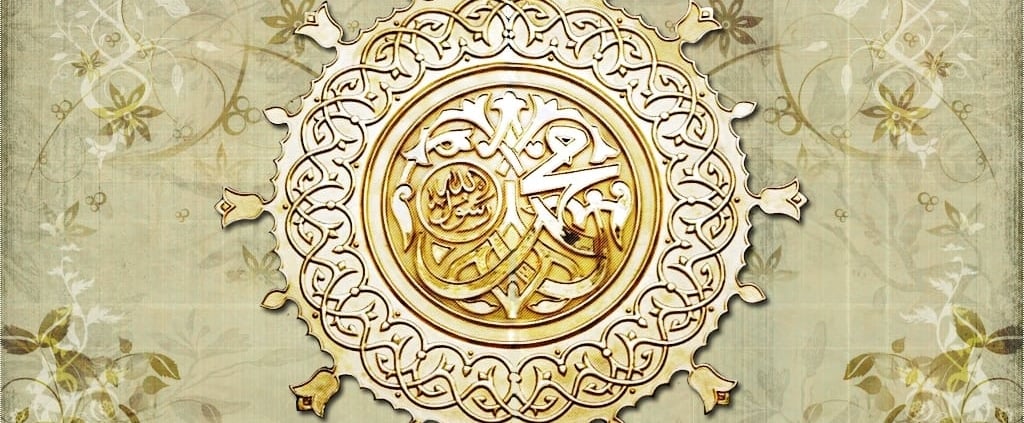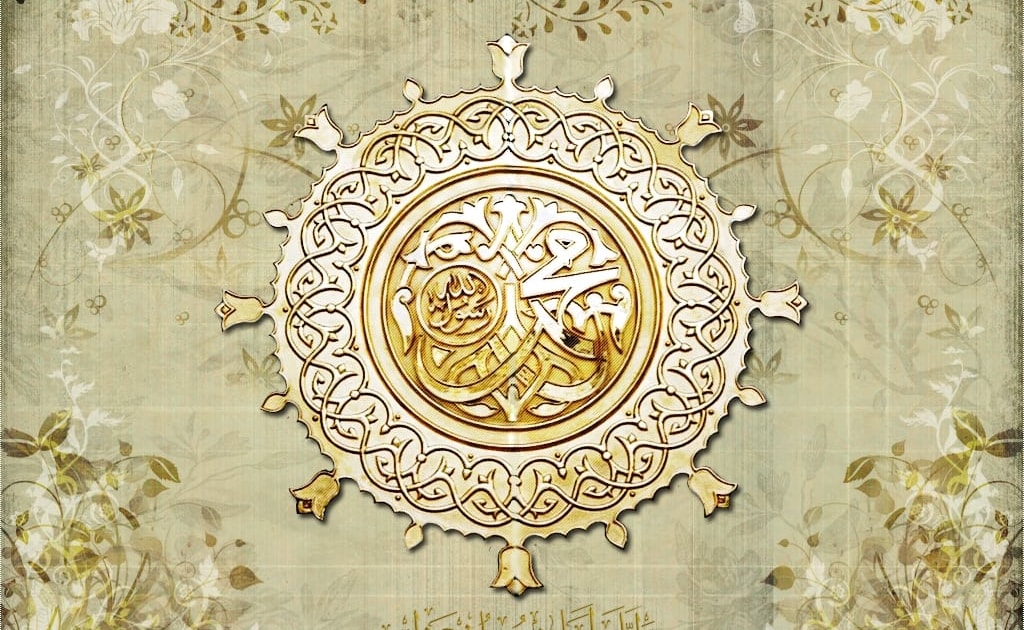Could the Prophet (Allah bless him and give him peace) Commit Sins?
Question: I would like clarity on Qur’an, 66:1, 80:1-10, and 9:43. My understanding is that the Prophet (Allah bless him and give him peace) is infallible, but someone referenced these verses to indicate Allah correcting the Prophet’s “mistakes”. Regarding the first two suras, my understanding is these weren’t mistakes. He was correct however Allah’s reproach was more refined. However in Sura al Tawba Allah explicitly asks the Prophet to seek forgiveness which has me confused. Can you clarify, please?
Answer:
Wa ‘alaykum assalam wa rahmatullah wa barakatuh
I pray you are well.
Prophets Can’t Sin
The dominant Sunni orthodox position is that Prophets cannot sin (Bajuri, Tuhfa al Murid). All of the texts which could be misunderstood as contradicting the above are understood to mean that the Prophet (Allah bless him and give him peace) chose to do an excellent action in the presence of something even better.
This explanation of Sura ‘Abasa gives more detail to that. Qadi ‘Iyad also has a detailed description of this in his excellent work al Shifa. Please refer to that for more details.
Explaining Qur’an, 9:43
The verse you referred to in Sura al Tawba does not instruct the Messenger of Allah (Allah bless him and give him peace) to ask for forgiveness. Rather, Allah tells him that He has pardoned him – before discussing a matter He wanted the Prophet (Allah bless him and give him peace) to have approached it differently.
Please see as well: https://seekersguidance.org/answers/islamic-belief/if-the-prophet-was-infallible-why-did-he-ask-for-forgiveness/
I hope that clarifies matters. May Allah grant us deep love and reverence of His Messenger (Allah bless him and give him peace). Amin.
[Shaykh] Abdul-Rahim
Checked and Approved by Shaykh Faraz Rabbani
Shaykh Abdul-Rahim Reasat began his studies in Arabic Grammar and Morphology in 2005. After graduating with a degree in English and History he moved to Damascus in 2007 where, for 18 months, he studied with many erudite scholars. In late 2008 he moved to Amman, Jordan, where he continued his studies for the next six years in Sacred Law (fiqh), legal theory (Usul al-fiqh), theology, hadith methodology, hadith commentary, and Logic. He was also given licenses of mastery in the science of Quranic recital and he was able to study an extensive curriculum of Quranic sciences, tafsir, Arabic grammar, and Arabic eloquence.

